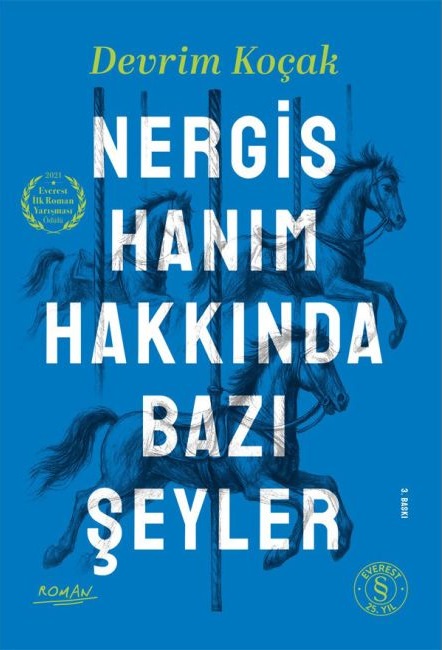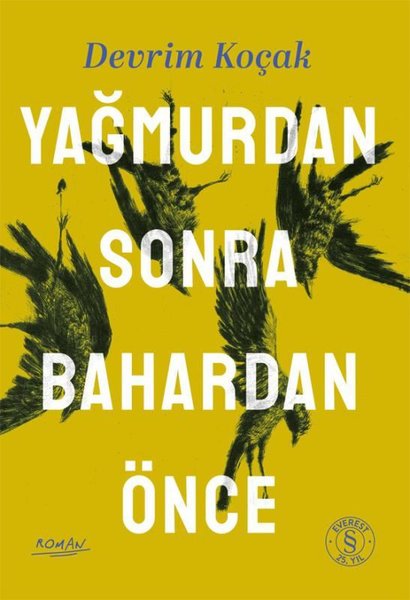Is Shakespeare’s tragedy Timon of Athens a mirror that questions the fragility of human nature between generosity, friendship and expediency?
Timon of Athens and the Test of Human Nature by Self-interest
Shakespeare’s tragedy Timon of Athens is a mirror that questions human nature’s fragile dance between generosity, friendship, and self-interest. Timon’s story tells how a man’s friends, who gather in the shadow of his wealth, become shadows when that wealth is lost. This work addresses the question of whether human nature is based on self-interest by piercing it like a wound, rather than simply seeking an answer. Through Timon’s tragedy, Shakespeare philosophically questions the hope for the purity of human relationships and the fragility of this hope.
Timon’s Generosity: An Ideal or Blindness?
Timon is the most generous man in Athens; he pours his wealth into his friends, artists, and even strangers. His generosity is a reflection of a belief in human nature: love and devotion can exist without expecting anything in return. However, while Shakespeare presents this generosity as an ideal, he also reveals its naivety. When Timon’s friends gather at his table, are they truly loyal to him, or are they captivated by the wealth he offers? Here Shakespeare paints an ambiguous picture of human nature: Timon’s generosity represents a sublime potential of the human spirit, while the loyalty expected in return for this generosity is tested in the shadow of self-interest.
Timon’s faith in his friends is, in a way, a bet on the essence of human nature. He believes that people value him, not his gifts. However, this faith is a blindness that stems from his inability to see how self-interest can poison human relationships. Shakespeare presents Timon’s blindness as a tragic flaw; it is a result of his tendency to idealize human nature. Although Timon’s friends seem to be friends with him, not with his wealth, Shakespeare ruthlessly destroys this illusion.
The Betrayal of Friends: The Triumph of Self?
When Timon’s fortune runs out, his friends disappear one by one, which is the most striking turning point in the work. This moment poses the question of whether human nature is based on self-interest. Shakespeare depicts the betrayal of his friends in these scenes not in an exaggerated way, but with cold reality. Timon’s former comrades, who turn a deaf ear to his pleas, show that there is no return for his generosity. Is this an indictment of the selfishness of human nature, or simply an observation that circumstances shape human behavior? Shakespeare avoids giving a clear answer to this question; instead, he forces the audience to confront this contradiction.
Although the betrayal of his friends emphasizes the dominant role of self-interest in human relationships, Shakespeare does not present this picture as a one-dimensional portrait of evil. For example, the loyalty of Timon’s servant Flavius shines as a beacon of humanity beyond self-interest. Flavius remains loyal to his master even when his fortune runs out; this shows that human nature can be shaped not only by self-interest, but also by self-sacrifice. Through this contrast, Shakespeare presents both the dark and bright sides of the human soul. Self-interest may form the basis of relationships, but it is not the only truth of human nature.
Timon’s Transformation: Rebellion Against Human Nature
The transformation Timon goes through after his friends’ betrayal increases the philosophical depth of the work. Timon, who once believed in humanity, now turns into a misanthrope who curses human nature. His retreat into the forest and distance himself from humanity is a rebellion against a world dominated by self-interest. However, this rebellion is also a reflection of Timon’s inability to confront his own mistakes. Shakespeare presents Timon’s overreaction as a tragic helplessness; while he rejects the flaws of human nature, he also becomes a victim of his own idealized expectations.
Although Timon’s misanthropy seems like a surrender to the idea that human nature is based on self-interest, Shakespeare questions this surrender. While Timon completely loses his faith in people, he does not realize that his own generosity is not unconditional. The loyalty he expects from his friends is, in a way, a reward for his own generosity, suggesting that even Timon is not completely free from the shadow of self-interest. Shakespeare emphasizes the complexity of human nature here: no man is completely selfish or completely unselfish. Self-interest may be a part of relationships, but it does not completely eliminate the existence of love or loyalty.
Shakespeare’s Philosophical Touch
In Timon of Athens, Shakespeare neither romanticizes nor pessimistically condemns the relationship of human nature to self-interest. Instead, he holds this relationship up to the audience like a mirror. Timon’s story shows that human nature is neither solely selfish nor solely sublime; it is a combination of circumstances, expectations, and flaws. Shakespeare acknowledges the role of self-interest in human relationships, but does not present this role as an absolute truth. Characters like Flavius remind us that the human soul can extend beyond self-interest; Timon’s tragedy, on the other hand, shows that this potential is always fragile.
Rather than providing an answer to the question of whether human nature is based on self-interest, the work opens this question like a wound and invites us to see inside. Shakespeare’s philosophical approach embraces the complexity of human relationships; not every friendship is a game of self-interest, nor is every act of generosity a pure virtue. Timon’s tragedy is the struggle of a soul trying to understand these contradictions; the spectator’s duty is to see his own humanity in this struggle.


